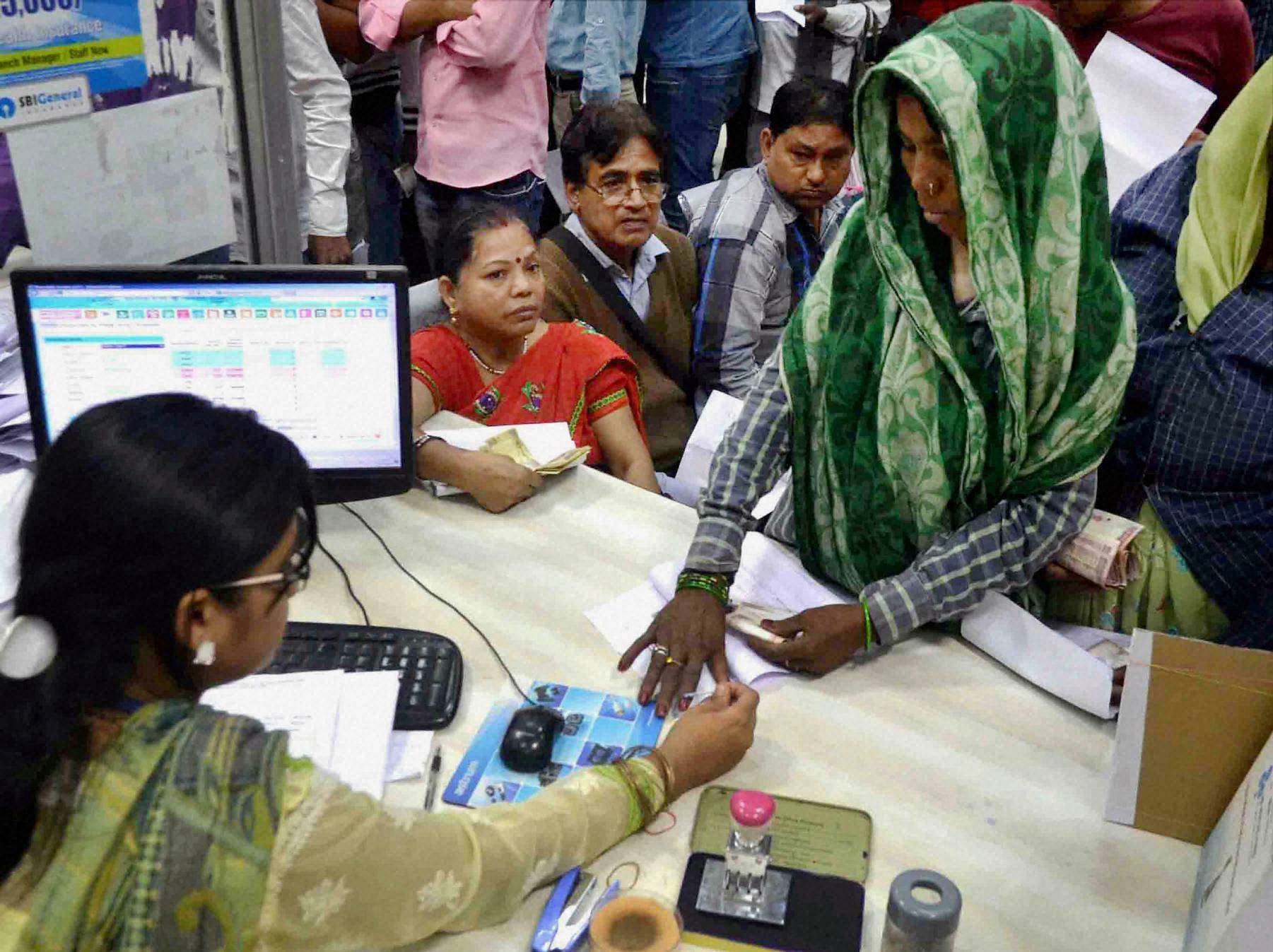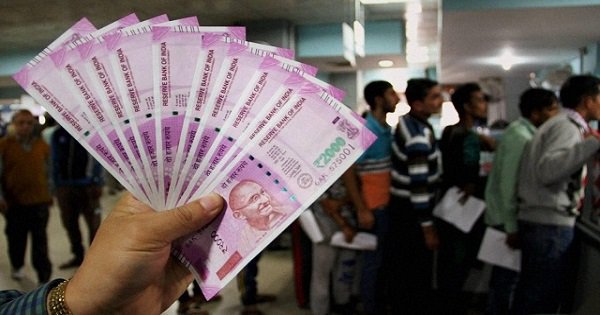There has been a lot of criticism for the Prime Minister’s decision to abruptly demonetise Rs 500 and Rs 1000 notes given the notes constitute over 80 percent of India’s cash in a largely cash-based economy. But a economist from Harvard says that while the government’s decision isn’t ideal, it can have some good effects in the long run depending on how it is implemented.
Former IMF chief economist Kenneth Rogoff, who is presently at Harvard University, wrote in a blog that the move was bold and audacious “to radically alter the mindset of an economy where less than 2% of citizens pay income tax, and where official corruption is endemic.”

But the economist pointed out that he would argue for a very gradual phase-out of certain currency in which citizens would have up to seven years to exchange old notes, but with incentives to make them exchange it sooner.
So first allow people to exchange the notes conveniently for a few years with adequate anti-money laundering checks and then restrict the number of places they can be exchanged over time.
“In general, a slow gradual currency swap would be far less disruptive in an advanced economy, and would leave room for dealing with unanticipated and unintended consequences,” Rogoff said.
He also said that in his approach he would do away with large notes entirely, whereas India is bringing in high value currency in the form of Rs 2000 notes.

Rogoff said that while his suggestions were applicable more for a developed economy and not one with as many people without bank accounts as India, the replacement of notes could have some beneficial effects as far as corruption and counterfeiting goes.
“And criminals have to worry that if the government has done this once, it can do it again, making large notes less desirable and less liquid,” he wrote.
However, he said that despite economists claiming it could have large positive effects in the long run, it would depend on the implementation and would take years to know its effect. Rogoff also says that the goal should not be a cashless society, but reducing its use.
“What is happening in India is an extremely ambitious step in that direction, of a staggering scale that is immediately affecting 1.2 billion people. The short run costs are unfolding, but the long-run effects on India may well prove more than worth them, but it is very hard to know for sure at this stage,” he wrote.

















